Star Trek Never Achieves Utopia, Hear The Impassioned Evidence
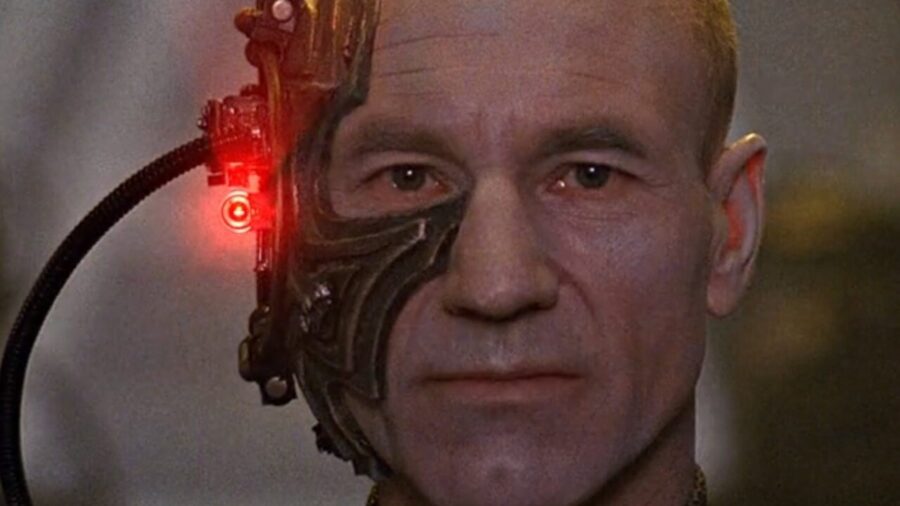
For decades, Star Trek has been hailed as a beacon of utopian ideals, where humanity has transcended its violent past and forged a path toward peace, exploration, and enlightenment. However, one astute fan has challenged the notion on Reddit’s r/startrek board. In a lengthy post, RhythmRobber dismantles the myth of perfection, attributing much of this misconception to Captain Jean-Luc Picard.
Picard Muddies The View
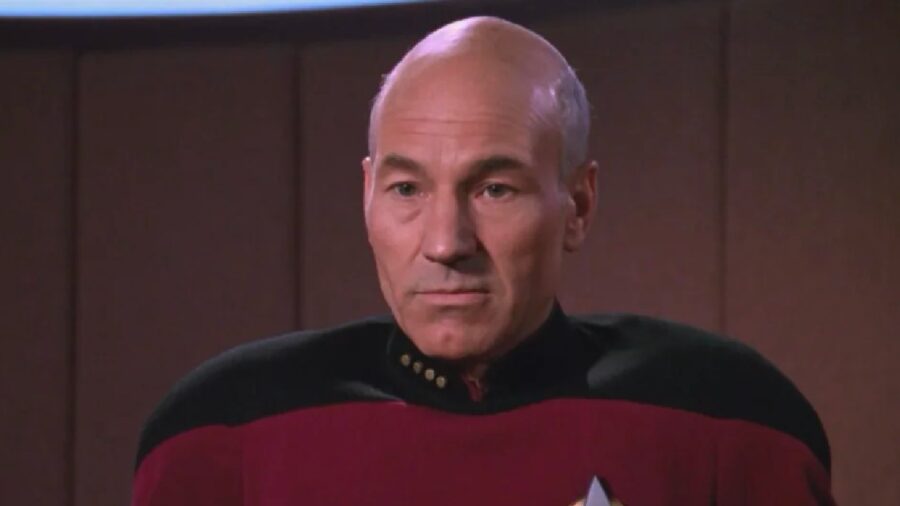
RhythmRobber argues that Picard’s portrayal as the epitome of humanity’s virtues inadvertently perpetuates a rose-tinted view of the future despite Star Trek often straying from this idealistic utopia. Through a meticulous retrospective analysis of the franchise’s themes and events, the post highlights instances of violence, disorder, and discrimination.
Even In The Federation, Corruption Thrives
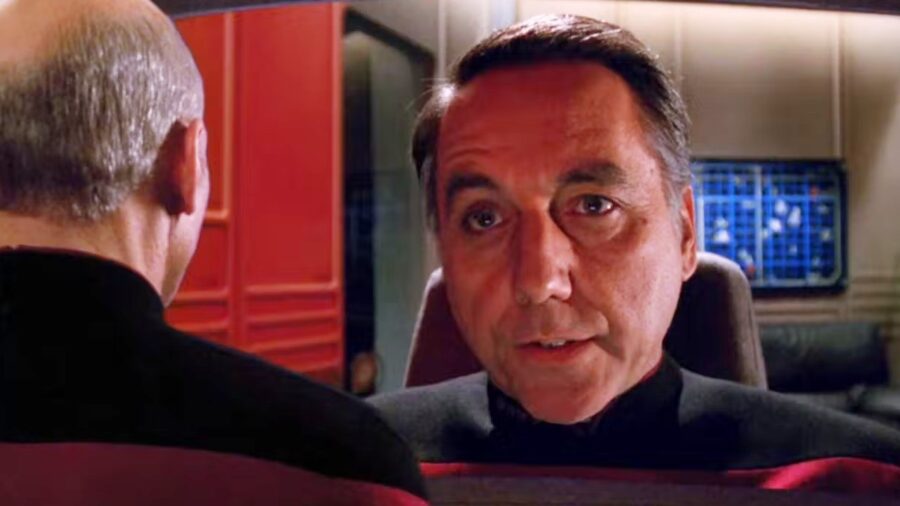
Through Picard’s unwavering optimism and moral fortitude, viewers are presented with an idealized version of humanity, where compassion and reason prevail over greed and aggression. Yet, for every Picard, there exists a myriad of individuals who embody the darker aspects of human nature, squashing the ideals of a Star Trek utopia.
Admirals with sinister agendas, rogue captains driven by ambition, and bigoted officials perpetuating injustice all serve as stark reminders that utopia was far from realized. Even in the era of The Original Series, led by Captain James T. Kirk, the specter of war loomed large. While noble in his intentions, Kirk often resorted to forceful means to overcome obstacles.
The Borg Smashed The Facade
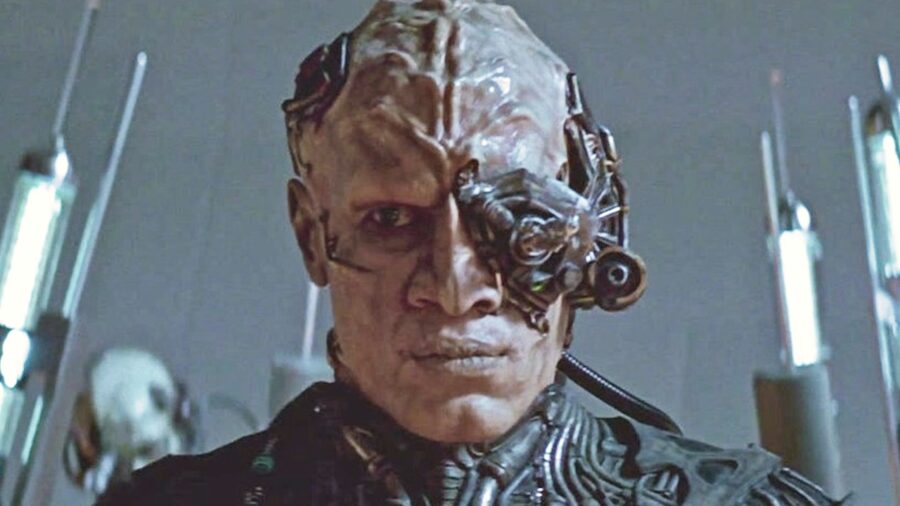
The ongoing tensions with the Klingon Empire also underscore the fragility of peace and the persistent presence of violence in the Star Trek utopia. The seismic events of the Borg incursion at Wolf 359 marked a turning point for the Federation, shattering the illusion of invulnerability and plunging Starfleet into a new era of vigilance and conflict.
The aftermath of this tragedy laid bare the vulnerabilities of humanity, as fear and retribution threatened to eclipse the lofty ideals espoused by Picard and other like-minded individuals. In the subsequent Star Trek series, such as Deep Space Nine and Voyager, the veil of utopia was further lifted, revealing a universe teetering on the brink of chaos.
Deep Space Nine And Voyager
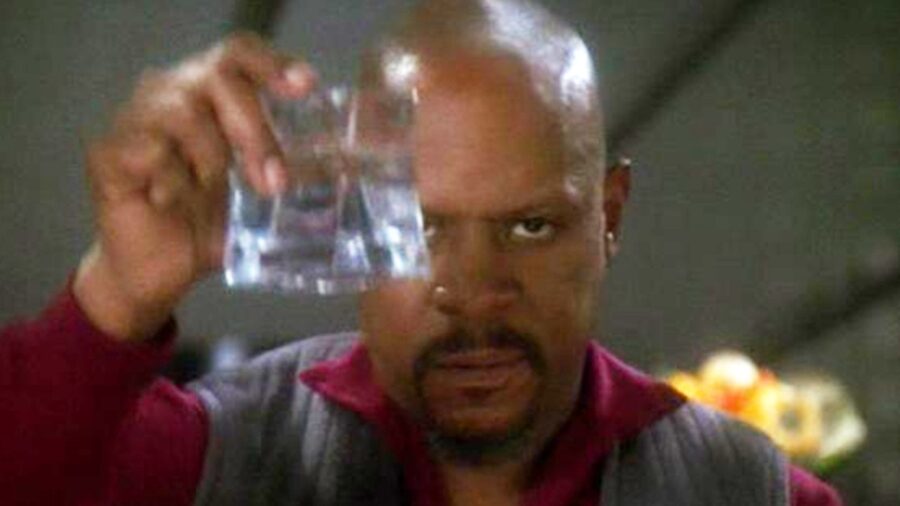
DS9, in particular, drew criticism for its gritty portrayal of war and espionage, yet it was merely a reflection of the harsh realities lurking beneath the surface of the Federation. The Dominion War and the rise of clandestine organizations like Section 31 laid bare the moral compromises made in the name of survival, challenging the very foundations of Starfleet’s ideals.
Star Trek: Voyager, while embodying a spirit of resilience, optimism, and utopia, was not immune to the influence of conflict. Stranded in the uncharted depths of the Delta Quadrant, Captain Kathryn Janeway and her crew grappled with adversaries, both alien and familiar, confronting the harsh truths of a universe governed by chaos and uncertainty.
Utopia Or Not, It Beats What We Have
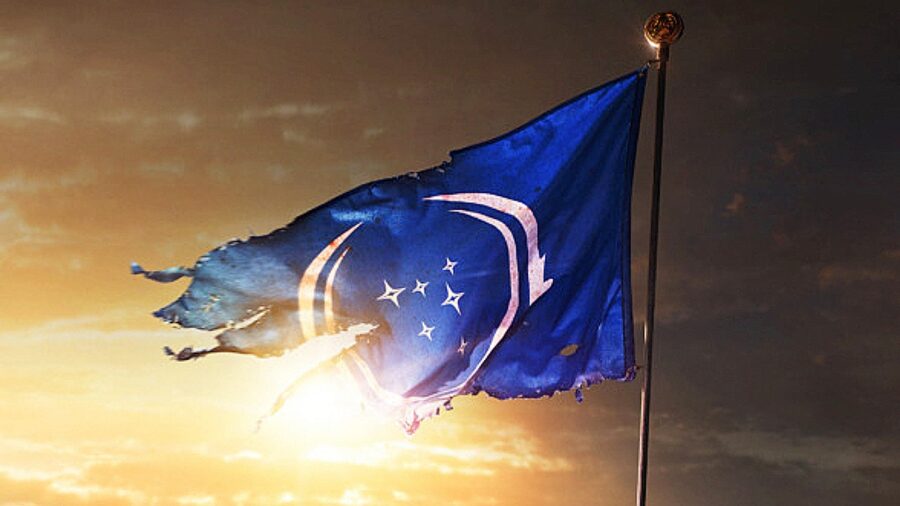
While some Star Trek fans may resist this interpretation, RhythmRobber’s critique sheds light on the darker undercurrents present in the franchise. While the popular sci-fi franchise (created by Gene Roddenberry) may not offer a flawless blueprint for a future where humanity has unified, its exploration of conflict and morality continues to captivate audiences.
Source: Reddit










